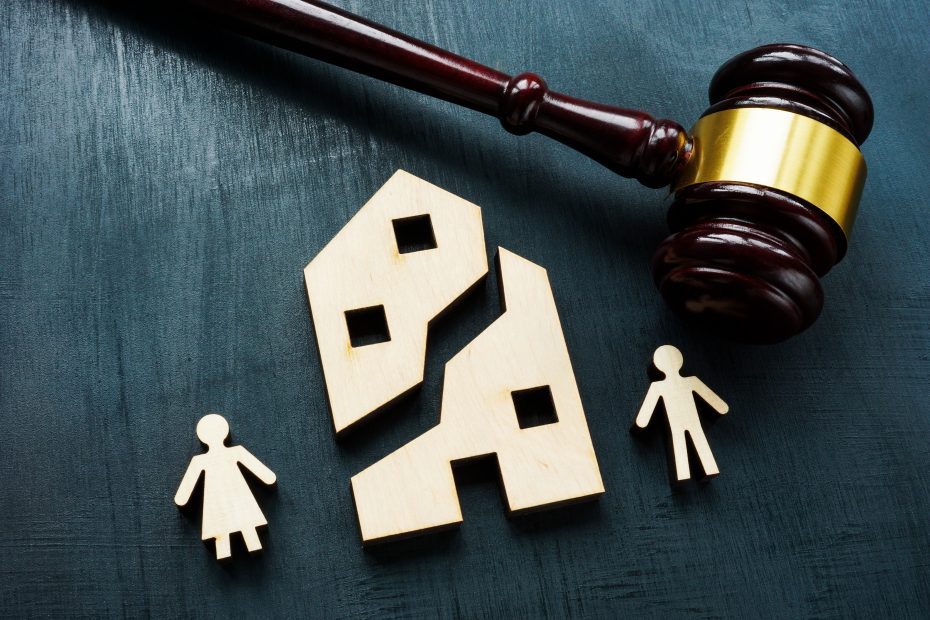Understanding Prohibited Steps Orders: Protecting Your Parental Rights
It’s not uncommon for disputes to arise between ex-partners after a relationship ends, especially when it comes to matters involving children. These disagreements might involve significant decisions like changing your child’s school or even removing them from your care without your consent.
If you find yourself in such a situation, you might consider applying to the court for a Prohibited Steps Order (PSO) under Section 8 of the Children Act 1989. This court order can help prevent one parent from making specific decisions that could negatively impact your child’s welfare.
What Is a Prohibited Steps Order?
A PSO is a legal measure that restricts a parent or guardian with parental responsibility from carrying out certain actions without the consent of the other parent or the court. Common scenarios where a PSO might apply include:
- Removing a child from your care or another set environment (e.g., school)
- Changing a child’s school without agreement
- Moving a child to a new country or region within England and Wales
- Changing a child’s name
- Allowing contact with a specific person who may pose a safeguarding risk
While this list highlights typical uses for a PSO, other circumstances may also warrant this type of order.
When Will the Court Grant a PSO?
The court’s primary focus is always the child’s best interests. To determine whether a PSO is appropriate, the court will assess the situation using the welfare checklist outlined in the Children Act.
It’s also worth noting that if the court believes a different type of order—such as a child arrangements order—could address the issue more effectively, a PSO may not be granted. Seeking professional legal advice can help clarify which order best suits your situation.
How Long Does a PSO Last?
The duration of a PSO depends on the circumstances. In some cases, the court may impose a time limit; in others, the order might remain in effect until the child turns 18 or the court discharges it. However, PSOs cannot be applied to children aged 16 or older.
Mediation: A First Step
Before applying for a PSO, you’ll need to attend a Mediation Information and Assessment Meeting (MIAM). This meeting provides an opportunity to explore alternative ways to resolve your dispute with the help of a trained mediator.
There are exemptions to this requirement, such as:
- Cases involving domestic abuse
- Situations where there is an imminent risk to the child
- Emergency cases, such as a parent threatening to move the child out of the country
How to Apply for a PSO
If mediation doesn’t resolve the issue, you can apply for a PSO by following these steps:
- Complete the Application: Fill out Form C100 on the government website.
- Serve the Documents: Both you and the respondent will receive a copy of the application, an information booklet, and a notice of hearing.
- Check for Legal Aid: If eligible, legal aid could help cover the costs of the application, legal advice, and court representation.
If you’re unsure about your eligibility for legal aid or need assistance with your application, our family law specialists are here to help.
Get Expert Advice
Navigating disputes involving children can be stressful and complex. If you’re considering applying for a PSO or need advice on your options, contact our team at 0161 924 0079. We’re here to guide you through the process and ensure your child’s welfare is safeguarded.

